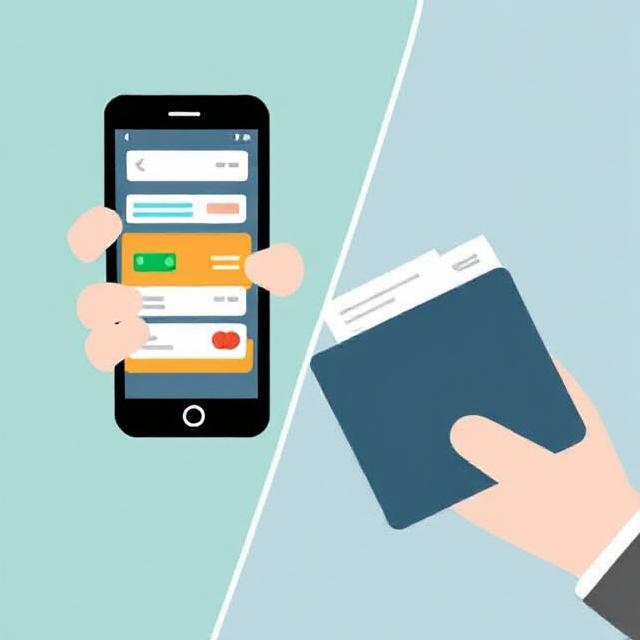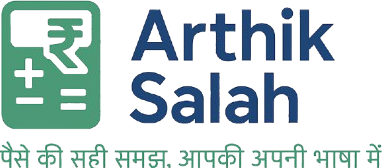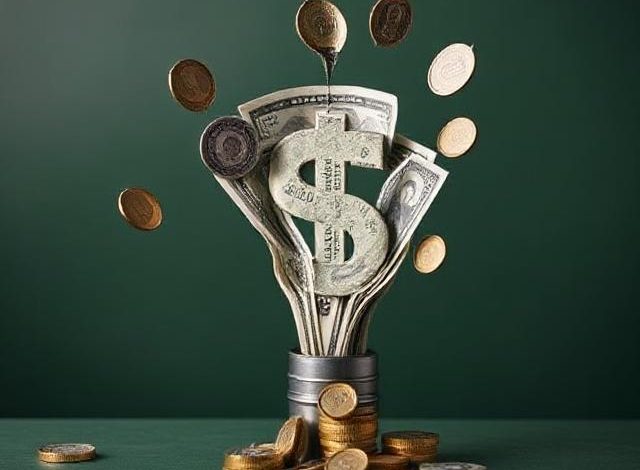
Digital Wallet vs Bank Account – My Honest Take
Handling money in India has become almost unrecognizable compared to a decade ago. Remember those endless bank queues or rushing to get cash before the ATM closed? Now, a quick tap on a phone covers everything from splitting cab fare to recharging a mobile. But with technology speeding ahead, a new daily question pops up: “Should I stick to my bank account, or is my digital wallet enough?” Here’s my take, based on real experience.
What’s a Digital Wallet, really?
At its heart, a digital wallet acts like a prepaid mini-bank tucked inside your smartphone. These days, most of us use one—be it Paytm, PhonePe, Google Pay, or another. Load a bit of cash from the bank, and suddenly, daily money chores feel effortless:
• Buying groceries from the neighbourhood shop
• Flash sales on shopping apps
• Instant mobile top-ups and paying bills
• Sending a quick ₹100 to that friend who always forgets their wallet
Why Digital Wallets Win People Over
From my own daily life, these apps are a lifesaver. Payments zip through instantly—no stressful waits, forgetting cash, or digging for cards at the checkout. Plus, let’s be honest: cashback deals and tiny rewards feel like scoring “free” money now and then. On days when the bank app is acting up, a wallet with leftover balance is a total rescue.
But Hold On—There Are Downsides
Don’t get carried away and stash your life savings in these apps. Let’s face it—there’s a strict balance limit, and it pays zero interest. It also won’t work without internet… I’ve been stuck more than once at a cashless tea stall with no signal, embarrassed—and thirsty!
Why Bank Accounts Still Matter
Bank accounts are the real OG of money management. A savings or current account is more than a “safe”—it’s a complete toolkit built for handling serious money. Banks give us:
• Safe storage for salary and side income
• A little extra thanks to interest (even if it feels small)
• Debit cards, cheques, and rock-solid UPI access
• Entry to loans, credit cards, and easy investments
Were Banks Score Big
Here’s what reassures me: in India, account balances up to ₹5 lakh are insured by the RBI, which means even small banks are trustworthy. No limits on storage, plus access to financial products when needed… That’s grown-up money management in action.
Still, It’s Not Perfect
We’ve all faced failed transactions at rush hour, and sometimes, banks drown us in paperwork—especially during KYC. Unlike wallets, don’t expect surprise discount coupons in your inbox.
Digital Wallet vs Bank Account: Breaking Down the Differences
| Factor | Digital Wallet | Bank Account |
|---|---|---|
| Ease of Use | Fast, super intuitive | Traditional, a bit slower sometimes |
| Security | Secure, but phone-reliant | Highly secure, RBI-regulated |
| Rewards | Cashback, coupons, offers | Very rare |
| Interest | None | Grows your balance with interest |
| Balance Limit | Yes, tightly capped | None |
| Services | Mostly payments/recharges | Complete financial toolkit |
So, Which Is “Better”?
You don’t have to pick a side, though. Digital wallets are the best way to make payments quickly. They’re great for the chai stall, quick recharges, and shopping deals. A bank account is the most important thing when it comes to dealing with real money, making plans, or investing.
My Advice: Use Both, Smartly
The best move? Keep major funds in your bank, and just enough in your wallet for daily expenses. That’s how I dodge both “insufficient balance” drama and enjoy wallet perks. It’s a combo that balances safety with ease.
Final Words
Banks and digital wallets don’t compete with each other; they work together to make things better. Your bank account can grow your money for tomorrow, and digital wallets can make your life easier today. This hands-on method makes it easier to manage money, even as technology moves at a breakneck pace.



